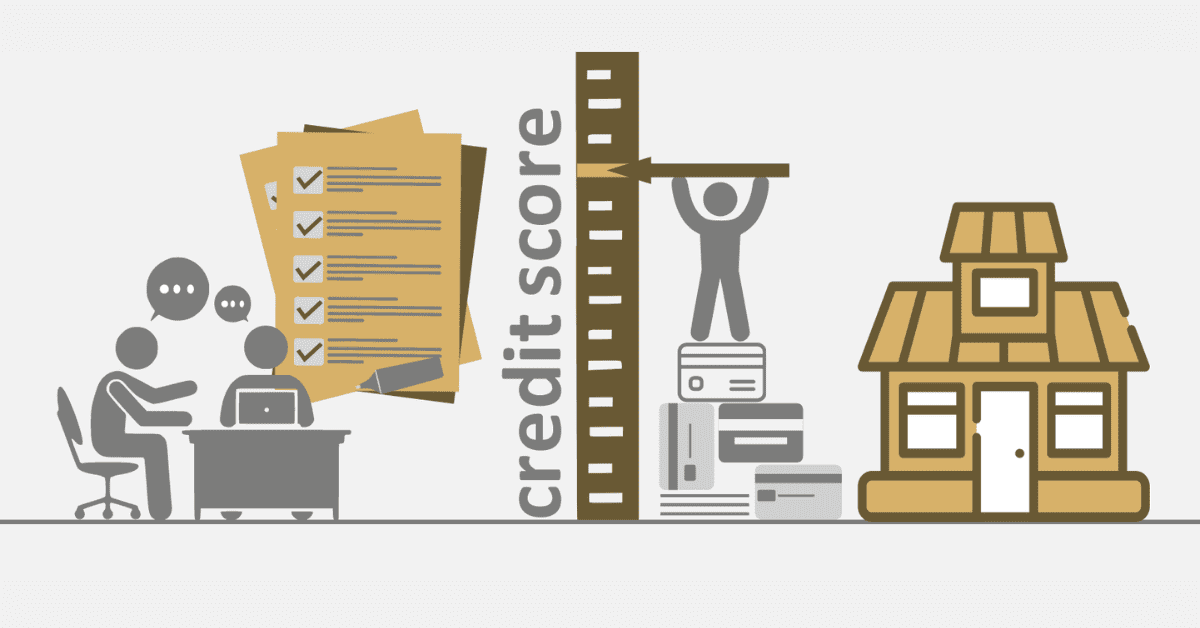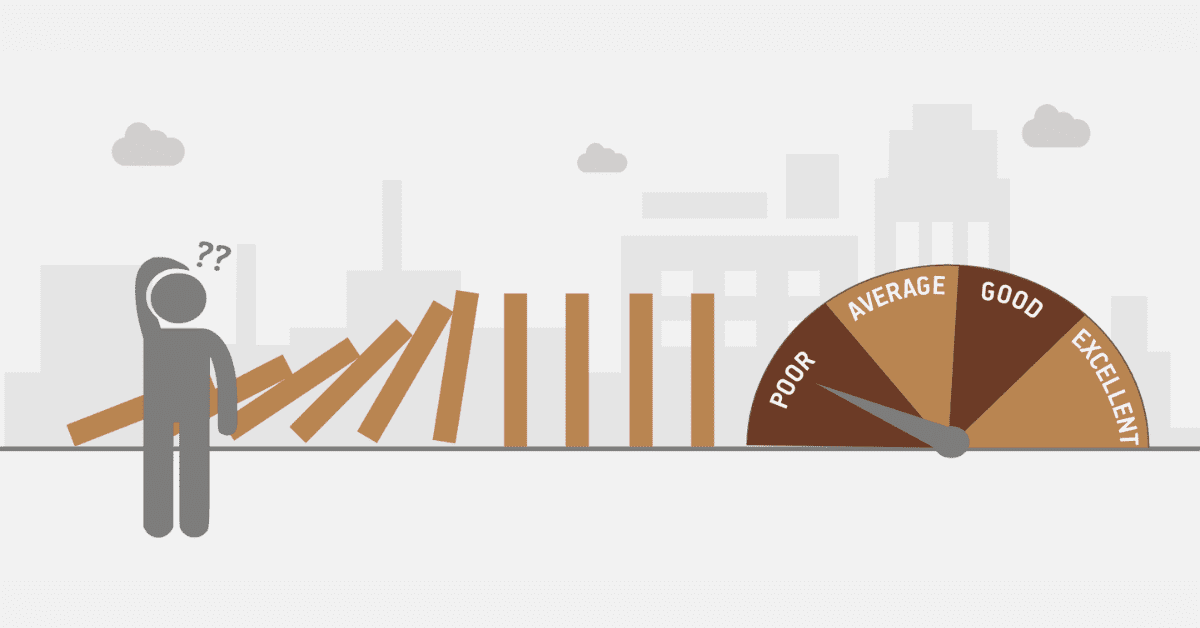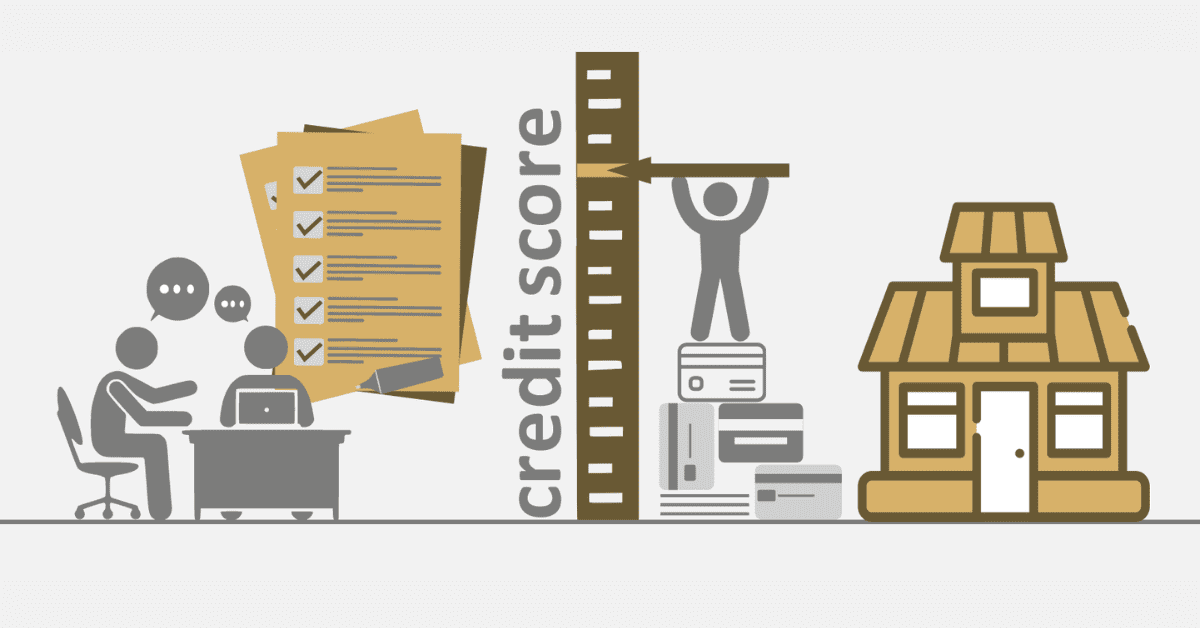The digital age has brought us many conveniences and good things. However, it has also led to an uptick in identity theft, especially as more and more of us shop online (and don’t always check that our card details are safe and secure before we click ‘add to cart’!). While immediate fraud on your card may be easy to detect, more insidious identity theft- like stealing your financial details and opening fraudulent credit in your name- is more difficult to detect. Today, we will walk you through some of the basics of reporting identity theft to the credit bureaus and ensuring your credit score doesn’t pay the price for someone else’s bad behavior.
How Do I Report Identity Theft to Credit Bureaus?
Reporting identity theft to the credit bureaus in South Africa will start with a SAFPS (South African Fraud Prevention Service) report. You can submit this report online through the SAFPS website. You will also need to make a police report with the SAPS. You should also take this step if your ID documents have been stolen, even if you haven’t yet encountered identity fraud. You can apply for what is called ‘protective registration’ to raise red flags if the ID is used in a credit attempt.
All lenders who are members of the SAFPS will automatically be notified of the fraud. If a fraudulent accident has already occurred, they will also investigate and confirm that you are innocent. This report can also be used for lenders who are not a member of the SAFPS, as it proves your innocence has been established by a recognized authority.
If you do not undertake this proactively when you lose your ID documents, you may also need to report any fraud you find to the bureau directly. This can be done through their online website. Look for forms related to reporting fraud or identity theft. Remember that they will expect you to have opened a police case and a SAFPS report regarding the matter, too.
Should I Contact the Credit Bureau About Identity Theft?
If you are proactively trying to prevent identity theft, for example after the loss of your ID, contacting the SAFPS should be enough to secure your credit. You can also ask individual credit bureaus for a ‘credit freeze’, also known as a credit monitoring service, which will either outright deny new credit applications made in your name, or report them to you for further authorization. This can be lifted if you need to apply for credit legitimately.
If, however, you see fraudulent activity on your credit report
How Do I Fix My Credit If My Identity Is Stolen?
If it is already too late for proactive measures, and you have encountered fraudulent entries on your credit report, don’t worry! While the process may be a little frustrating and take some time, you can dispute the fraudulent entries directly to the credit bureau showing them. As part of your proof, upload the SAFPS report you received and provide copies of your SAPS case number. This should be sufficient for them to remove the entry from your credit report.
Once a dispute is raised, the bureau has 20 working days to investigate and make a decision. It could be completed in as little as 7 working days. If you do not receive a satisfactory resolution, you can escalate the matter to the credit ombudsman to act as an impartial mediator in the matter. Their decision on the matter will be final.
What Is The First Thing You Should Do If Your Identity Is Stolen?
If your identity is stolen, or your ID documents are stolen or misplaced, the first thing you should do is file a report with the police. You should also list your ID as lost, and raise any identity theft incident you know about, with the South African Fraud Prevention Service via their website. They can also establish ‘protective registration’ with all participating credit providers, which will automatically raise a red flag if credit applications are made in your name.
You may want to consider contacting the ‘Big 4’ South African credit bureaus directly and asking for a credit freeze, sometimes called credit monitoring. This will either outright prevent new credit applications in your name, or ensure that you are contacted before any further checks are done. These will typically expire in 6 months or may be permanent until you authorize them to unfreeze your credit. Don’t forget to cancel any stolen cards, notify your bank and credit card providers, and discuss the matter with your insurance, depending on what exactly happened.
Remember that the credit bureaus may not all have access to the same information. This means it is worth checking at least the ‘Big 4’ if your identity has been stolen, as you may otherwise miss a red flag.
How To Check If Someone Is Applying For Credit In Your Name?
Regularly monitoring your credit report is one of the best ways to check if someone is applying for credit in your name. Otherwise, the incident may only come to light long after it happened, and that makes it harder to resolve. You can use a free monthly monitoring service through a third party, like ClearScore, or apply for a monthly report service directly with the credit bureau. These are typically paid, but the cost is very low.
While identity theft is a growing concern, the good news is that you can take steps to prevent further damage to your credit report. You can also have any fraud perpetrated in your name reversed, so don’t panic!


